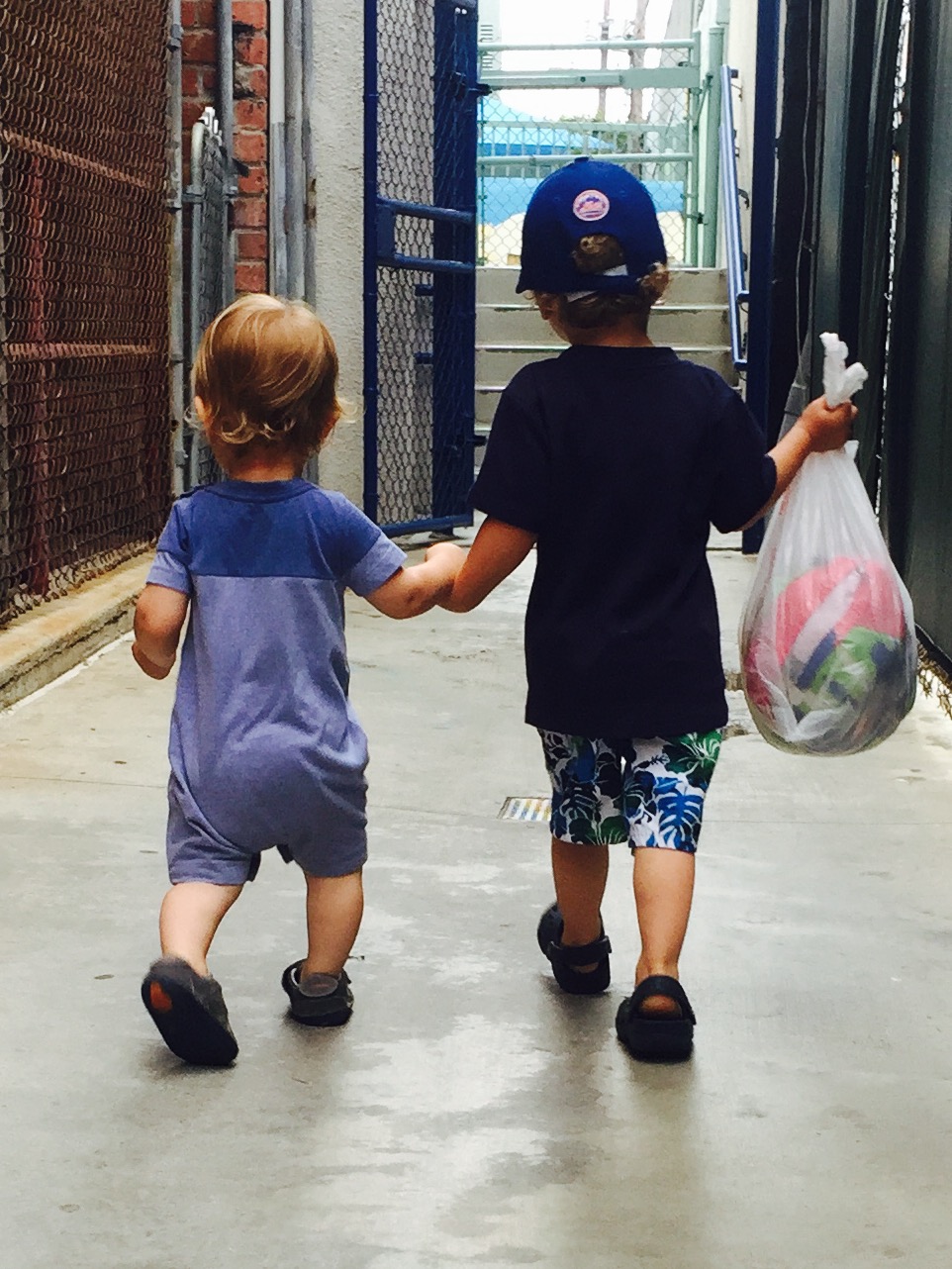
Crises in Jewish Early Child Care
This is particularly critical with regard to pre-Shabbat rituals in a preschool classroom. When I was the Director of Early Childhood for the Center for Jewish Education in Baltimore, I would often visit a classroom on Friday to observe the rituals for this important day of the week. In some classes, the closet was opened, Shabbat items were taken out, put on a table; the ritual was very quickly done, then the items were put back into the closet. No wonder that some children went home thinking that they “had Shabbat.” There was no talk about Shabbat, or preparations within the classroom (books about Shabbat, ritual items visible, cleaning for Shabbat, music, stories, etc.)
The impact of the early years on a child’s growth and development and attitudes is enormous. Note how many hours a baby or young child spends in a child care facility; some babies/children arrive as early as 7 AM and stay until 5 or 6 PM. This is more time than a child would spend in regular school. As more parents are employed outside of the home, the need for good, quality childcare facilities continues to grow.
“The Early Years Last Forever” is the title of a program on Maryland public radio. Judging by the enormous research and the expansion of child care facilities—both for private, for-profits like KinderKare, Celebree, Goddard schools and within many public schools that now offer care for ages three and four—this is a burgeoning field.
Parents of very young children are often involved in their children’s early experiences in a child care facility. These parents are quite amenable to learning about Jewish rituals and customs and will sometimes incorporate these Jewish ceremonies into their routine as a result of seeing their children’s experiences. For instance, I remember when, as the Early Childhood Consultant for the Center for Jewish Education in Baltimore, I answered a call from a local director. This director reported that a mother of a three-year-old had been a Shabbat guest several times in her child’s class. The mother was so impressed with the joy of her child that she asked the director to please write out the ritual for Friday night so as to be able to do the same at home.
As the Director of Early Childhood Education, I developed an exit survey that was distributed to families of children who were completing Jewish early childhood programs. The response was very touching and meaningful. Parents wrote that they were incorporating some Shabbat rituals into their homes, introducing Jewish items, and continuing their child’s Jewish education beyond the early childhood level. Reading these comments brought tears to my eyes and provided an example of what Jewish early child hood education can offer when given the necessary support.
There are attempts being made to address these issues and concerns. Organizations, such as the National Jewish Early Childhood Network (I am a co-founder), an affiliate of the National Association for the Education of Young Children (NAEYC), attempts to educate its members and to advocate for these professionals through conferences and materials distributed to members. The National Association of Jewish Early Childhood Specialists (NAJECS) is an organization that works within central agencies to provide curriculum materials, annual conferences, and workshops. It is also important to note that colleges such as Stern College for Women in New York and Gratz College in Philadelphia offer courses in Jewish early childhood education.
As more parents are employed outside of the home, the need for quality Jewish early childhood facilities continues to grow. In the Jewish community, the need is very great and very important—for the children and the families, for the entire Jewish community, and for Jewish continuity.
If the goal of Jewish early childhood education/child care is to begin to inculcate and instill in both children and families a sense of Jewishness, this goal has yet to be widely met.
Rena Rotenberg is currently working in an early Jewish child care facility and is an award-winning Jewish early childhood educator.
The views and opinions expressed in this article are the author’s own and do not necessarily reflect those of Lilith Magazine.



